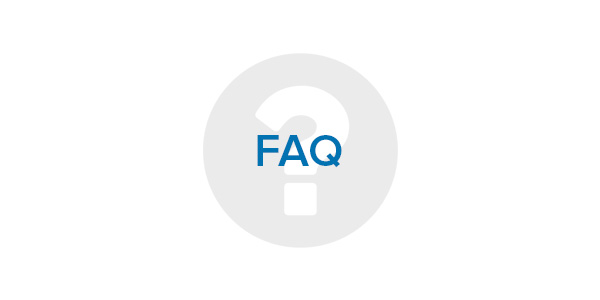What languages do you offer?
Our Onsite Interpreting service is available in hundreds languages, including American Sign Language (ASL).
What is the difference between interpretation and translation?
Although both practices share the common goal of taking information that is available in one language and converting it to another, they are two separate processes. Interpretation refers to listening to something spoken and interpreting it orally into the target language. Translation involves taking a written text and translating it in writing into the target language.
How do I make a request?
You can request an onsite interpreter by logging in to LSA’s Client Portal, or by calling 866-827-7028.
What information will I need to provide when making a request?
In order to process your request, we will need the following information: date, time, location, address, contact number, type of appointment and any other details pertaining to your assignment, such as the name of the individual requesting the interpreter and who the interpreter should report to upon arrival. When making your request, please be as detailed as possible so that we can match you with the most qualified interpreter.
How much notice do I need to give to schedule an onsite interpreter?
We will always strive to fill your interpretation needs, even for immediate and same day requests. However, to increase the likelihood that your interpretation needs are fully met, we ask that you provide us with as much notice as possible. Please provide us with at least one weeks’ notice for foreign language requests and two weeks’ notice for ASL requests.
What if I need an onsite interpreter right away?
If you need an interpreter for an emergency, we will make every attempt to find someone that is available for your assignment. If you cannot wait, our Over the Phone interpretation service is available on demand. We can connect you to a highly qualified telephone interpreter in hundreds of languages in just seconds.
What if an interpreter is not available within a reasonable travel distance?
Our linguists are continuously being evaluated and supplemented to ensure interpreters are available to accept assignments in the areas where our clients need the service delivered. If an interpreter cannot be located, we will give you an alternate date or time when one is available, or we will coordinate with the interpreter the travel arrangements necessary to get him her to your site.
Are your interpreters trained in industry terminology?
Once an interpreter is activated and placed into our network, he/she has unlimited access to a multitude of helpful resource documents and training materials. These items include industry and company-specific glossaries and vocabulary lists. Interpreters review these documents on an ongoing basis so that they are fully equipped to provide the highest quality interpretation service possible. We will always provide you with an interpreter that possesses the appropriate education and industry experience that your request requires. Learn more about our strict quality standards for onsite interpreters.
Will we receive a confirmation that an interpreter has been assigned?
We can confirm your interpreter via a phone, or e-mail, as per your request. You can also check the status of your interpreter at any time by logging in to our online scheduling platform.
How do you guarantee confidentiality?
Our linguists are held to a strict Code of Ethics and recognized professional standards, which include strict compliance with the confidentiality of client information.
May I request a specific interpreter?
If you have a particular interpreter you would like matched to your account, please include his/her name on your request form. We will always attempt to match that interpreter to your assignment first. If that interpreter is not available, another resource can be found.
What is the difference between simultaneous and consecutive interpreting?
Consecutive interpreters will only interpret after you have completed a thought. The information is then relayed to the non-English speaker by the interpreter. This type of interpreting is common for events such as depositions and medical appointments. Simultaneous interpreters, on the other hand, continuously interpret while you are speaking. This mode of interpreting is standard for conferences and court rooms.
How many interpreters will I need for my assignment?
The number of interpreters required to fulfill your request depends on a variety of factors, including the number of non-English speakers and the level of interaction. For conferences, simultaneous assignments, ASL requests of more than two hours, and ASL assignments that are legal in nature, a team of interpreters is usually required. Legal ASL assignments often require a Certified Deaf Interpreter (CDI) teammate in addition to a hearing interpreter. After receiving your request, we will be able to determine whether or not team interpretation is necessary.
What if I’m uncertain of the language?
Members of LSA’s onsite interpreting department will help you identify the correct language. We can also utilize our Over-the-Phone interpretation department for positive language verification.
Do you provide certified on-site interpreters?
Certification types vary by state. We will make every effort to match your account with an interpreter that is credentialed with your desired certification, or an equally qualified skillset.
What types of assignments do you send interpreters to?
Medical appointments, court cases, depositions, arbitrations, sporting events, insurance statements, wiretaps, social service visits, mental health assessments, criminal line-ups, industrial site tours, foreign delegations, and industry conferences are just some of the many types of requests we have provided onsite interpreters for.











